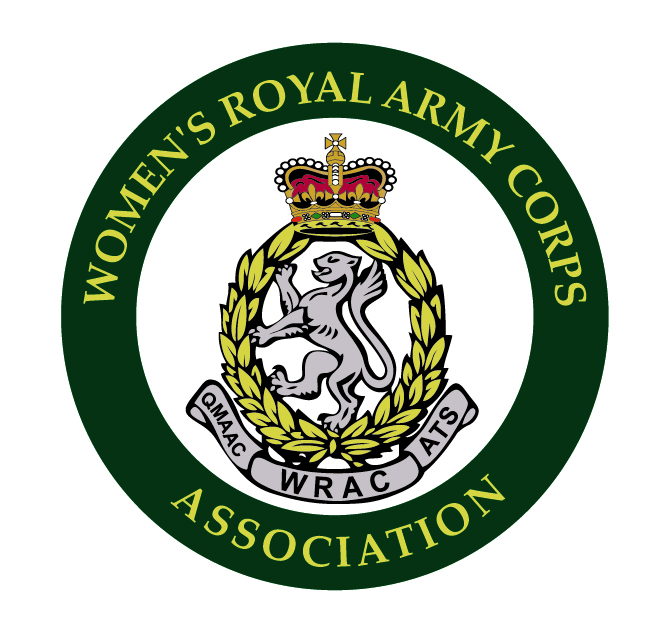Charity seeks female army personnel to tell stories of service and sacrifice for new educational project.
“The WRAC, they were ladies. I mean I love order, I love uniforms, but I loved what they were promising… they were promising a career”.
(Roxanne Gooding – Acting Corporal, who was discharged after two years for marriage)
Women who served in the Women’s Royal Army Corps (WRAC) from its establishment in 1949 to its disbandment in 1992 are being sought for a major new National Lottery supported educational project which will shine a light on this often-ignored chapter of British military history.
Over the 41 years of its existence, many thousands of women served in the WRAC both at home and in trouble spots abroad, and yet despite 59 members being killed in service, many women still don’t see themselves as veterans.
Thanks to funding from The National Lottery Heritage Fund, the charity Legasee Educational Trust is joining forces with the Women’s Royal Army Corp Association (WRACA) and the Adjutant General Corps (AGC) Museum to help change this perception.
“Journey to the frontline: Trailblazing women of the British Army” has been funded by a grant of £88,474 from The National Lottery Heritage Fund, the project will film the personal accounts of WRAC veterans for Legasee’s extensive video archive and provide a valuable educational resource for those wishing to research the role of women in the British Army.
A copy of all the interviews will be held – alongside a dedicated new exhibition – at the AGC Museum in Winchester and creative teaching resources will be developed with the support of schools in Hampshire. Training will be provided so that UK wide branches of the WRACA will continue to record and safeguard this important stage of British military history.
Martin Bisiker, Founder, Legasee Educational Trust said:
“We are very keen to engage and educate as many people as possible about this relatively unexplored period of UK military history but we cannot do that without the personal testament of women who served in the WRAC. We would love people to step forward and share their experience to contribute to a better understanding and interpretation of the impact of WRAC and how it helped shape the role of women serving in the Army today.”
Paula Rogers, CEO, WRACA said:
“Our members have an extraordinarily diverse range of experiences and they want their stories to be told. Despite our best efforts, there is a perception that we are something of a forgotten Corps and we hope this project will change that. We also want to raise awareness of the issues facing female veterans such as barriers to accessing support for mental health, service-related physical health conditions, housing, financial support and historic hurt and highlight the services that are available to help female veterans overcome these.”


















